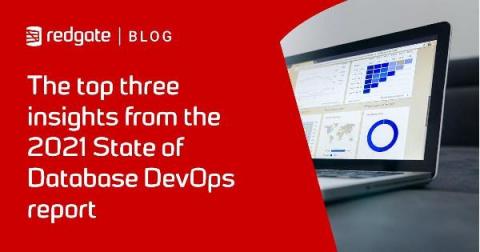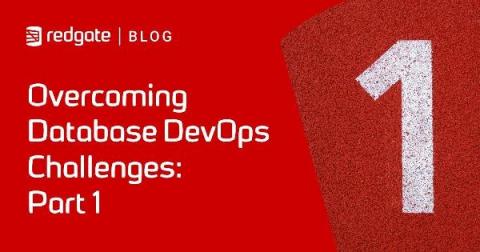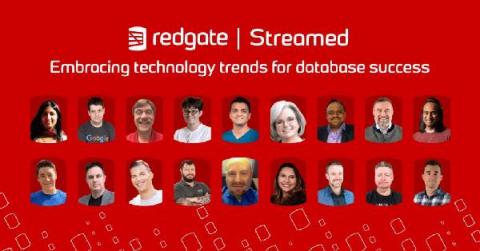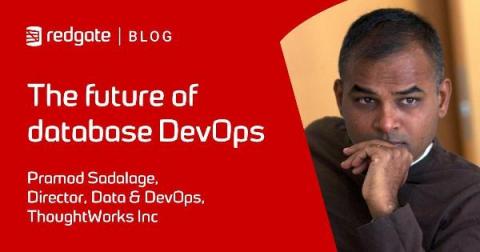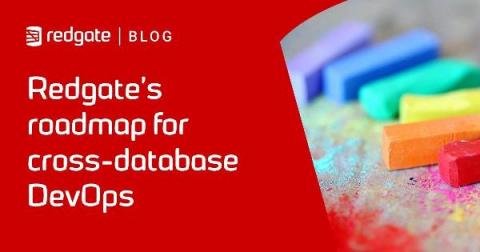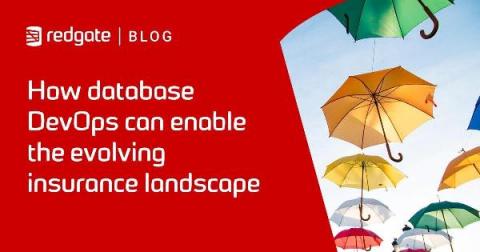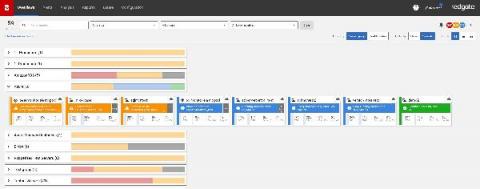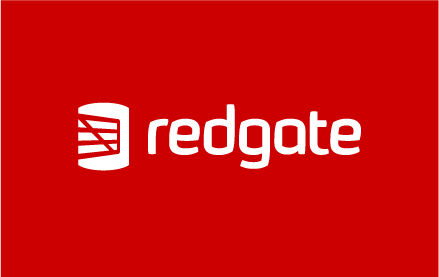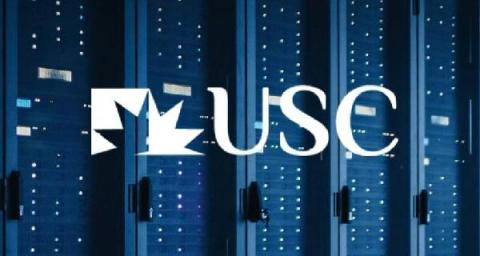The top three insights from the 2021 State of Database DevOps report
Last year was a year of unprecedented challenges for everyone in every part of the world and every industry, and it was also a year of big changes in the IT sector. The pandemic underscored the role of the IT department as an enabler and a critical part of the transition to remote working. While digitalization was well underway before 2020, no one could have predicted the acceleration the pandemic brought on.


